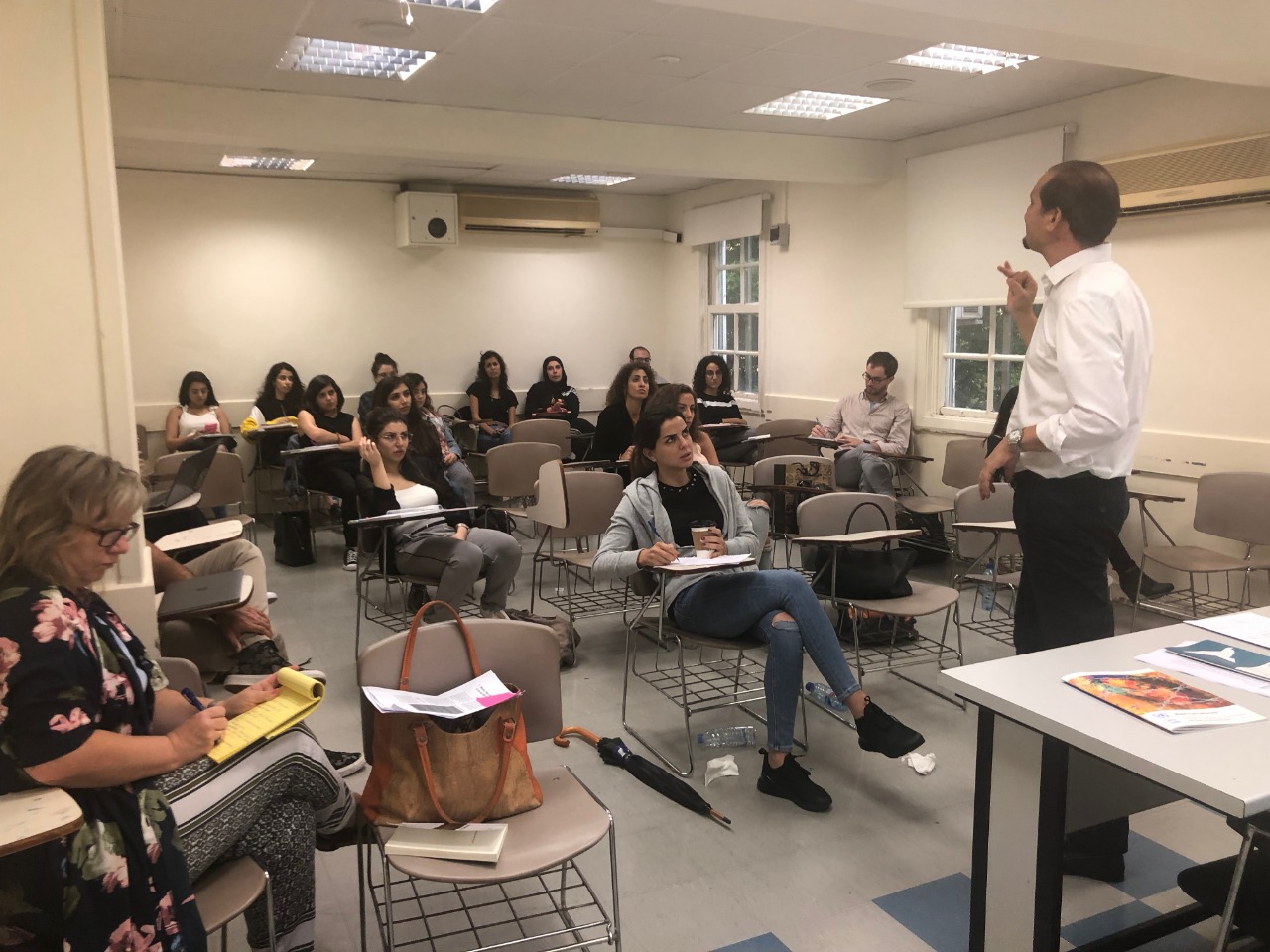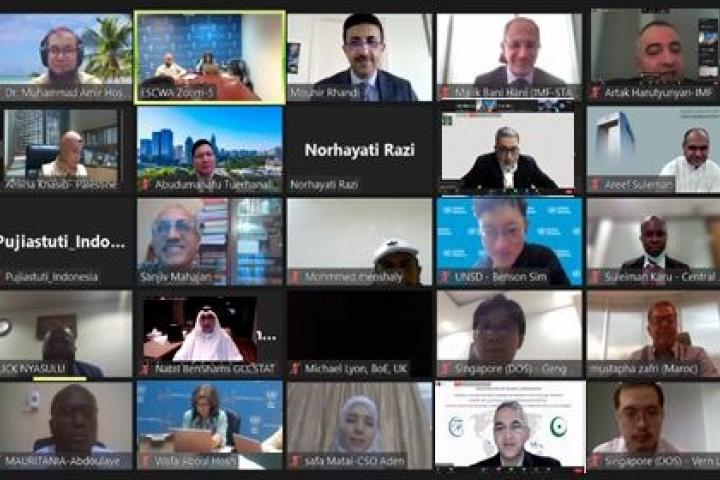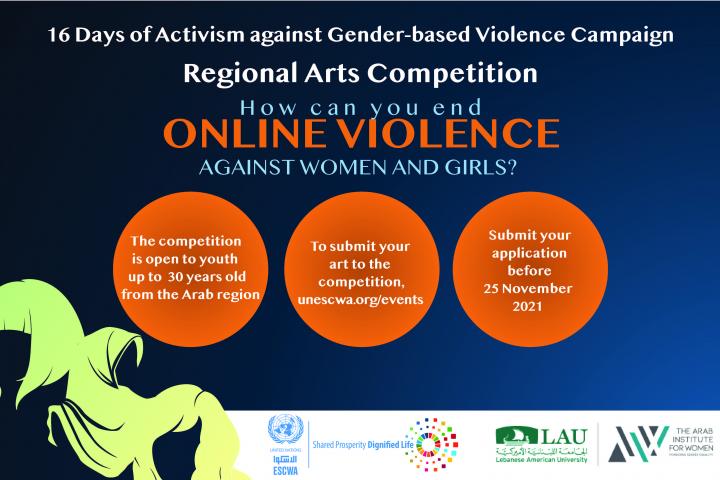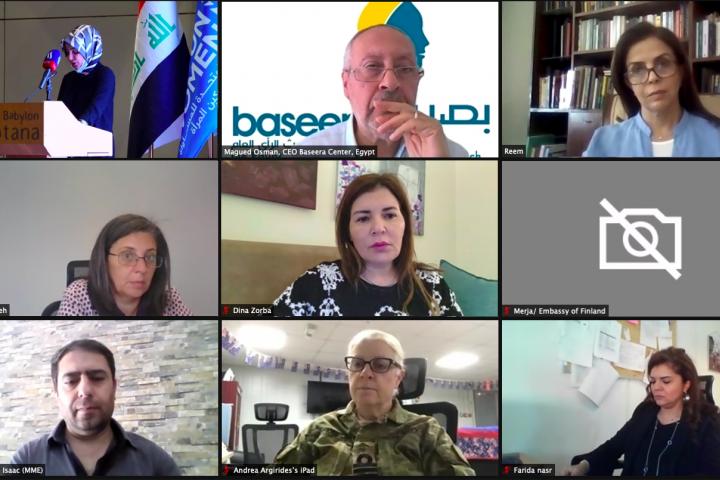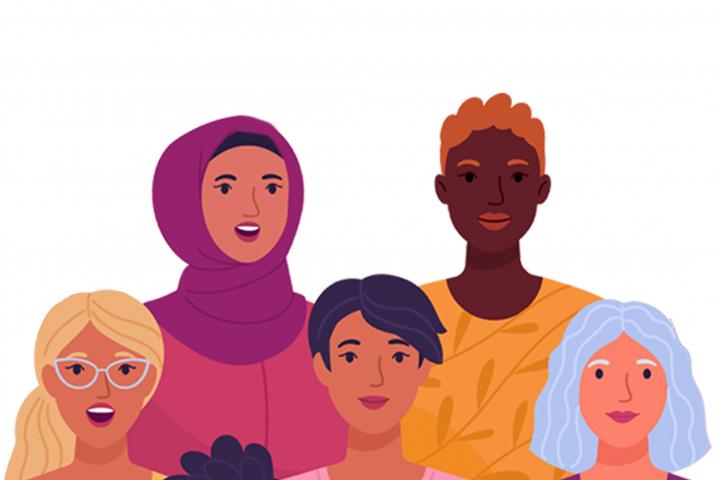With this challenge in mind, the United Nations Economic and Social Commission for Western Asia (ESCWA) and the Lebanese American University (LAU) recently joined hands to support students enrolled in LAU’s Master Program in “Interdisciplinary Gender Studies.” The collaboration is intended to provide students with the necessary knowledge, experience, and skills to smoothen their path from university into the professional world.
“ESCWA realizes that developing research is not enough and there is a need to communicate the results of this research to students and young professionals, which is at the core of this collaboration,” said Mehrinaz El Awady, the Director of the ESCWA Centre for Women (ECW).
“Under this partnership, we are providing reading materials to students, leading several discussion sessions with them during the semester, and recruiting some of the best performing students to our internship program so they can benefit from hands-on training for three months,” she explained.
In October, experts from ECW kicked off the initiative by entering the classroom as guest speakers on three separate occasions to discuss the reading materials. The dialogue was intended to allow students to reflect on the key findings of ESCWA’s evidence-based research.
“I found the conversation to be very profound,” said Alexandra Haj, one of the students. “When you are learning about theories through books in school, you don’t understand the true mechanisms, procedures, and difficulties, or what organizations such as the UN depend on [to achieve results].”
She added that speaking with ECW experts allowed her to gain a new respect for the work of the UN, especially ESCWA, because she now understands the intricate dynamics and how translating policy recommendations into action depends on the political will of member States.
This year, a total of 17 students are enrolled in the program focused on gender issues as well as other themes and concepts that are crucial to understanding gender inequality in the Arab world. The program is built on a foundation of equality, human rights, and social justice. As such, it is inclusive in nature and combines both academic rigor and social activism. By scrutinizing the power differential between females and males, students are learning about the intersection of other inequalities. The ECW experts have so far provided insights into women’s political participation, the Women, Peace and Security Agenda, and the state of gender justice.
“It was an excellent experience to discuss these issues with a bright, motivated and diverse group of students,” said David Krivanek, one of the ECW guest lecturers. “The conversation did not just cover elements from their reading materials—it was an exchange that also allowed them to share their own experiences from the field as activists for these causes.”
Mr. Krivanek added that it is important for ESCWA staff to hear directly from young people in the region about their thoughts and activism as future leaders. Incorporating these perspectives enriches ESCWA activities and ensures that research reflects the lived experiences of young people in the region.
David Krivanek on how the initiative is mutually beneficial
This is not the first time that ESCWA and LAU partner to strengthen their impact. In the past years, ECW and LAU’s Institute for Women Studies in the Arab World (IWSAW) have collaborated on research, conferences and campaigns, including the 16 days of activism against gender-based violence.
“We work together to engage youth in events for gender equality, including international days of activism and other youth-driving initiatives. We very much appreciate this partnership and are excited about what the future holds as we continue to work together,” shared Lina Abirafeh, the director of IWSAW.
Positive feedback has also been received from students who have already completed internship opportunities with ESCWA, such as Abir El Danaf who said it complemented her classroom experience.
Abir El Danaf on her internship experience
*****
For more information:
Nabil Abu-Dargham +961-70-99 31 44; email: dargham@un.org
Ms Rania Harb: +96170008879 harb1@un.org
Ms Mirna Mahfouz: +961-70-827372 mahfouz@un.org
